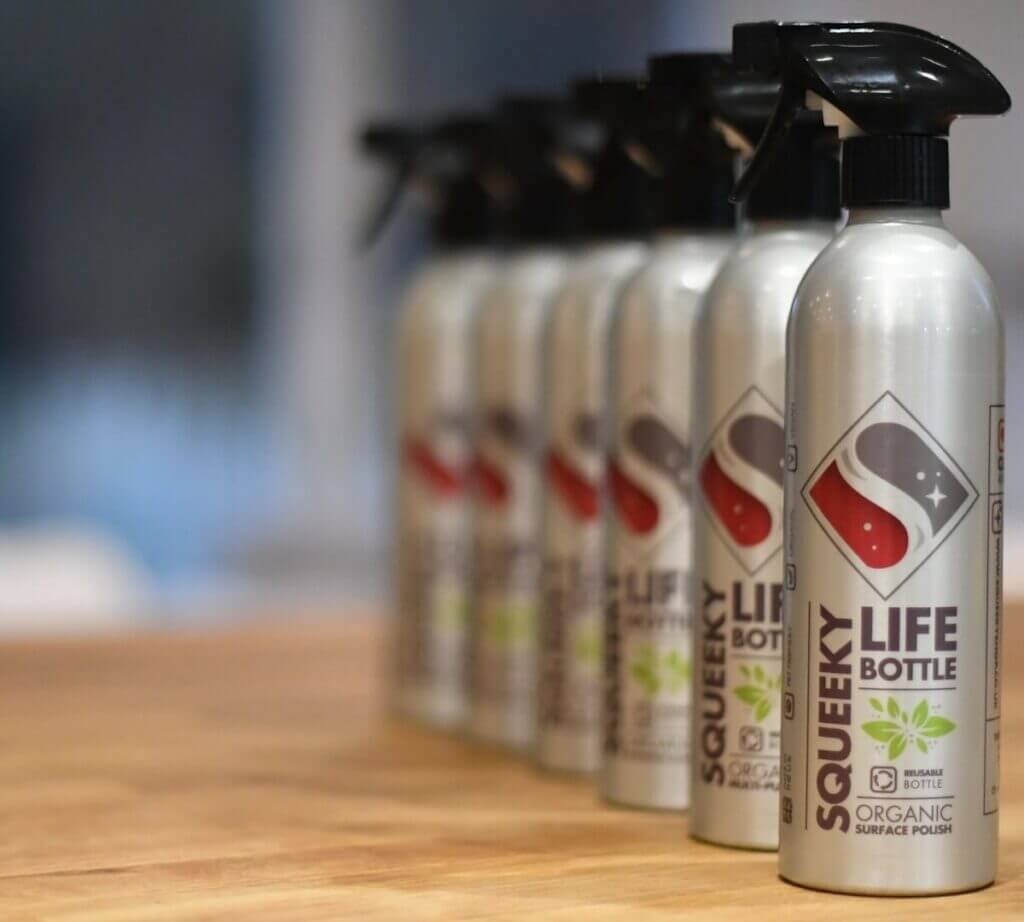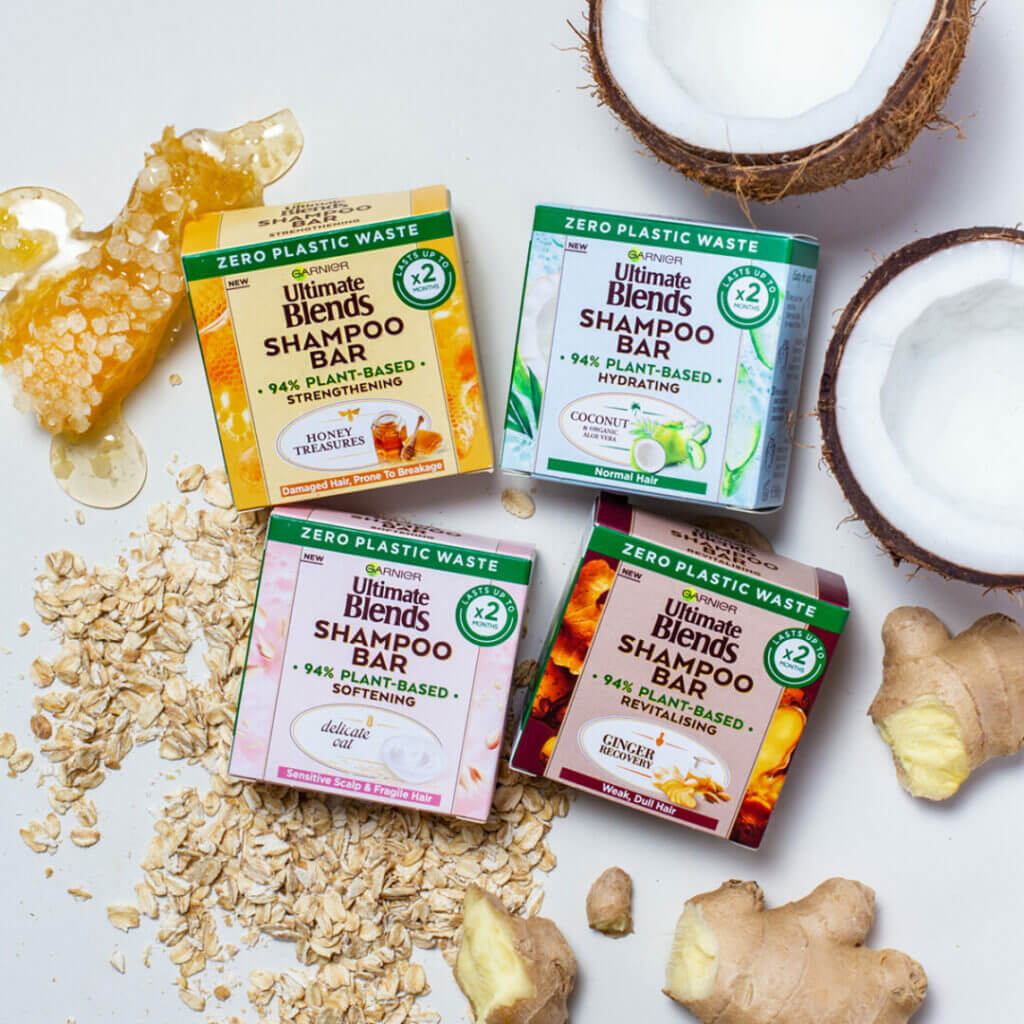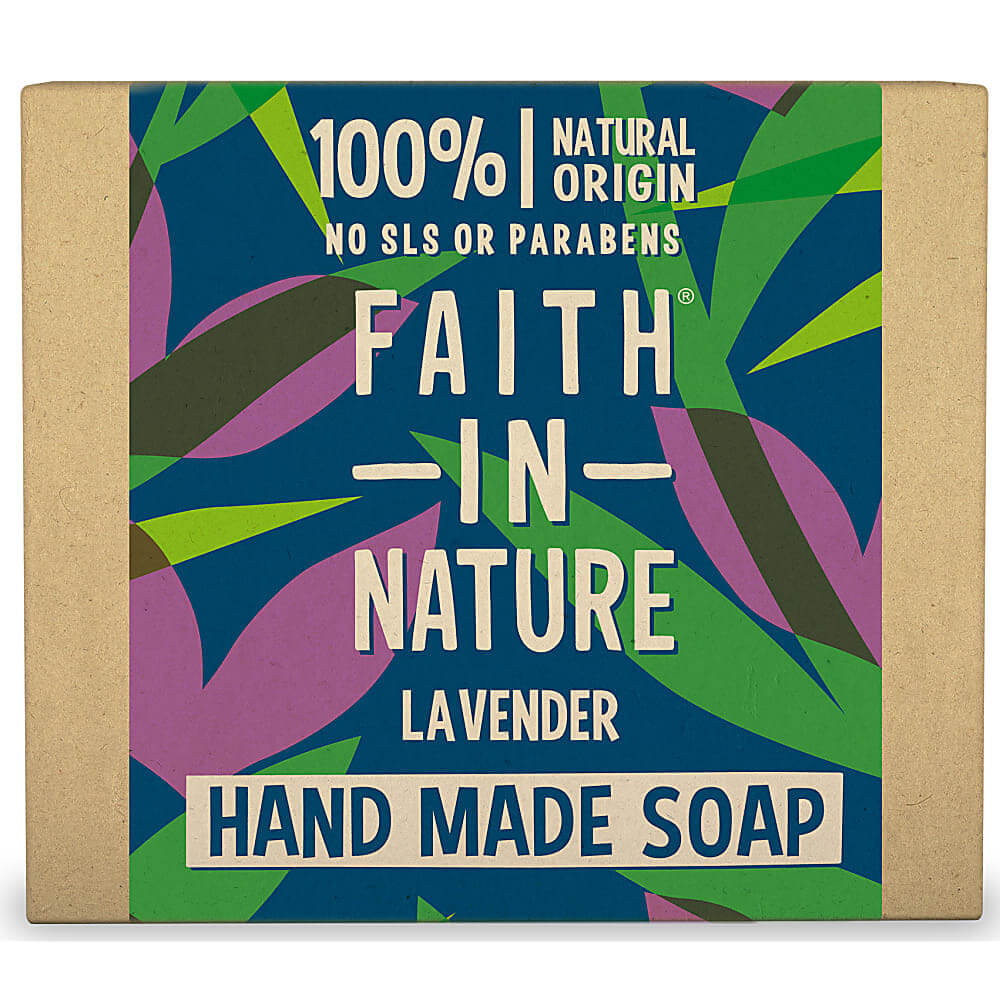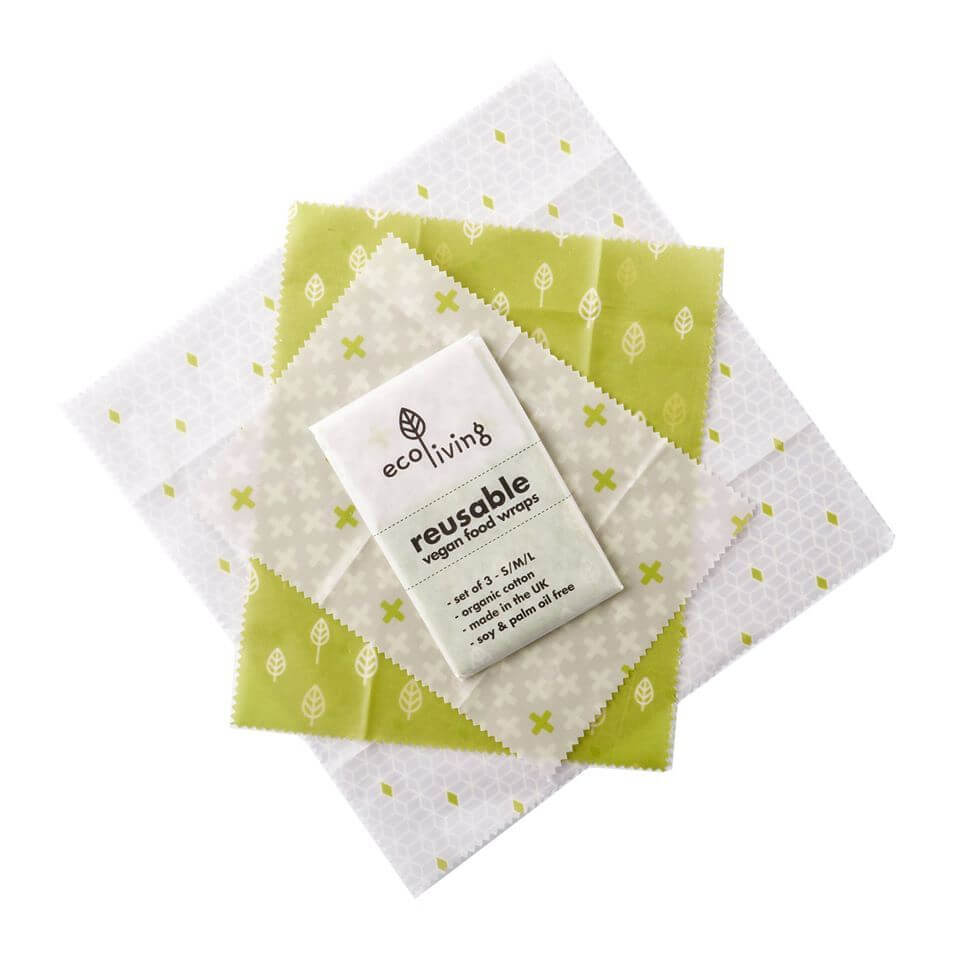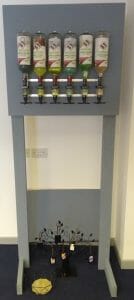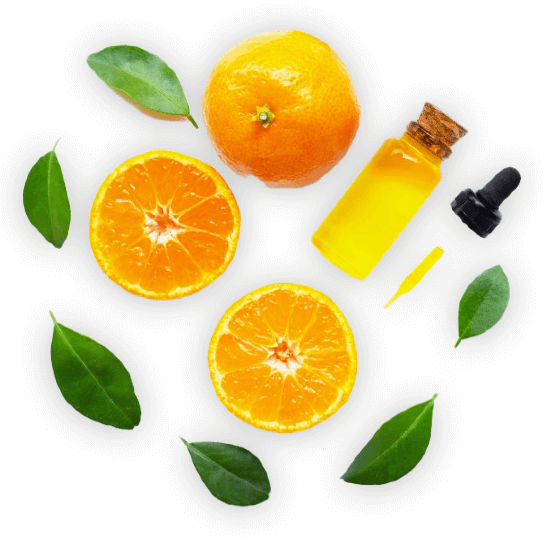The Benefits of Using Eco Cleaning Products in your Home Office
Guest Blog – Perfect Clean Limited

Are you keeping your home office clean? If you’ve been using traditional cleaning products to clean your office, you may be doing more harm than good. Eco-friendly cleaning products boast an abundance of benefits, including being kinder to the environment. If you haven’t made the switch yet, here are a few reasons why you may want to consider using eco-friendly office cleaning products to keep your workspace spotless.
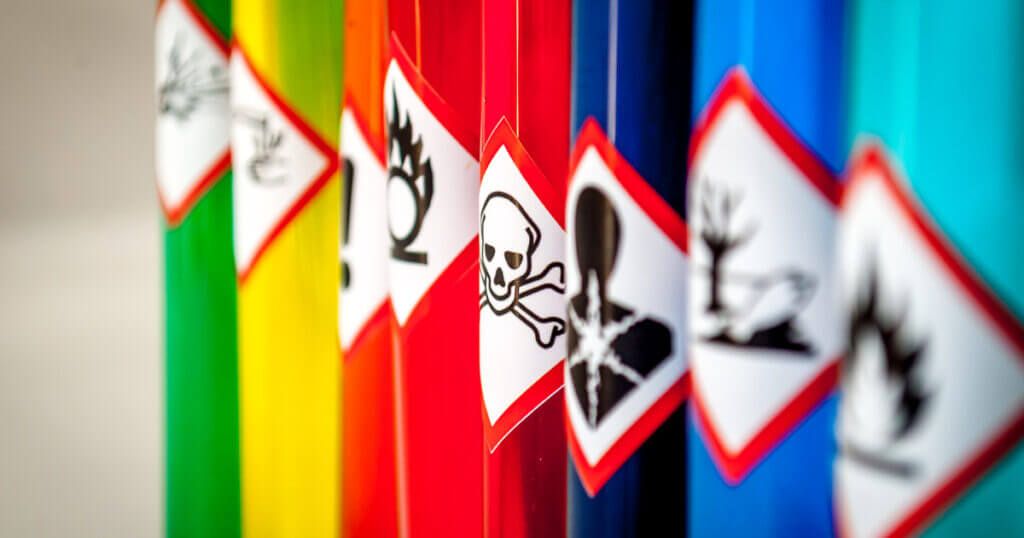
They are better for your health
Eco-friendly cleaning products use natural or plant-based ingredients which are less harmful to yourself and the environment. The majority of commercial cleaning products contain toxic ingredients, such as volatile organic compounds and ammonia, which have been shown to irritate the respiratory system, eyes and throat, as well as causing headaches. In contrast, eco-friendly products are less harsh, meaning you won’t be exposed to chemicals that could make you feel unwell.

There is less waste produced
Eco-friendly cleaning supplies are designed to last longer than traditional cleaning products. Additionally, they use recycled plastic packaging to be kinder to the environment. Being able to recycle packaging and produce less waste means you’re not relying on the single-use plastics of some commercial cleaning products. Every year, around 8 million tons of plastic enters our oceans, affecting the lives of marine animals. By using eco-friendly items, you are contributing to making the planet a better place.
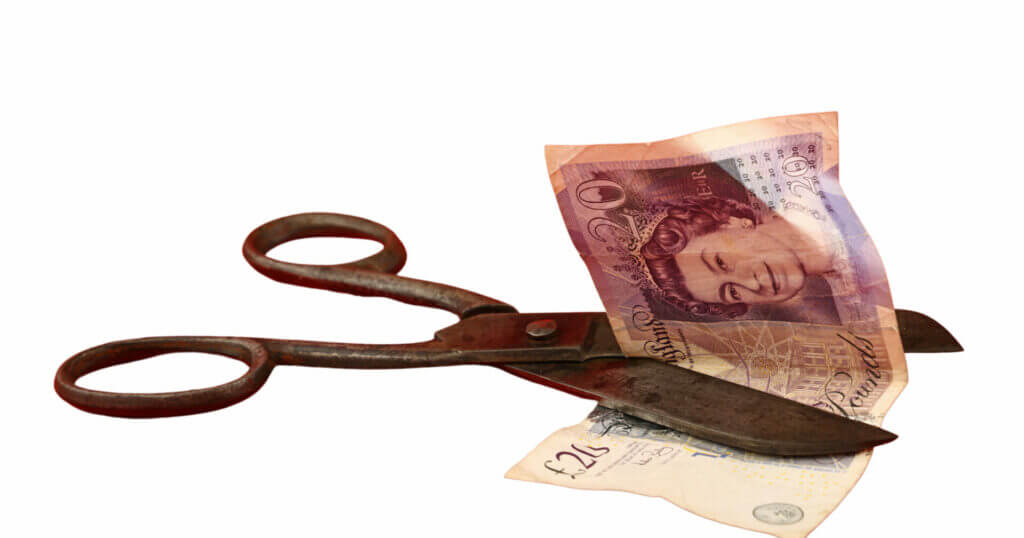
They are cost-effective
Many people assume that eco-friendly cleaning products are expensive. However, they are actually competitively priced, and some products tend to be even cheaper than traditional commercial cleaning products. As eco-friendly products last longer, you don’t need to use as much. That means you save money on your cleaning purchases.

They are highly efficient
If you find yourself buffing streaks left by your glass cleaner or stains that haven’t been removed by your multi-surface cleaner, it may not be your cleaning technique that is the problem. Many cleaning products are just not as effective as they should be, leaving you with more work to do than you’d originally hoped for. On the other hand, eco-friendly solutions are highly effective in cleaning multiple surfaces.

They enhance indoor air quality
Using less harsh chemicals in your cleaning supplies means you have improved indoor air quality. Toxic chemicals from regular cleaning products are dangerous to inhale, generating higher levels of indoor pollution. Not only that, but they also have a strong unpleasant smell, especially if you’re using bleach or ammonia. Most eco-friendly products use the aroma of essential oils to leave a gentle, pleasing scent on your surfaces and in the air.

They protect surfaces
If you’ve noticed your stainless steel appearing dull and cloudy or your leather desk chair starting to peel, it’s likely due to the use of harsh chemical cleaners. With continued use, toxic chemicals can start to degrade the protective covering of your household items. If you want to keep your belongings looking as good as new, use eco-friendly products which are gentler when cleaning your surfaces.

They are better for the environment
Naturally, eco-friendly cleaning products are better for the environment. There are fewer harmful by-products in the seas and the atmosphere. Plus, you can create a healthier home for your family. Eco-friendly packaging also decreases your carbon footprint as it reduces the consumption of resources.

They boost productivity
By keeping your home office clean and tidy, you’re able to improve your productivity. Let’s face it, trying to work in a cluttered, dirty environment is distracting. With regular cleaning, you can keep your concentration and focus high. Plus, you won’t be distracted by the unpleasant aroma of harsh chemicals. Instead, you can work in a space that has been cleaned with natural ingredients which smell more pleasing.
Make the switch to eco-friendly cleaning products – Eco-friendly cleaning products are highly beneficial to the environment and your health. Contemplate making the switch to more natural cleaning products with less harsh chemicals and you’ll find that green cleaning is just as effective, if not more than traditional cleaning products.
About The Author: Perfect Clean is a professional cleaning company based in Edinburgh. With highly experienced professionals they have the capacity to offer affordable and high quality commercial and industrial cleaning services. They are passionate and committed to keeping everyone safe with their exemplary health and safety practices.
The Benefits of Using Eco Cleaning Products in your Home Office Read More »


